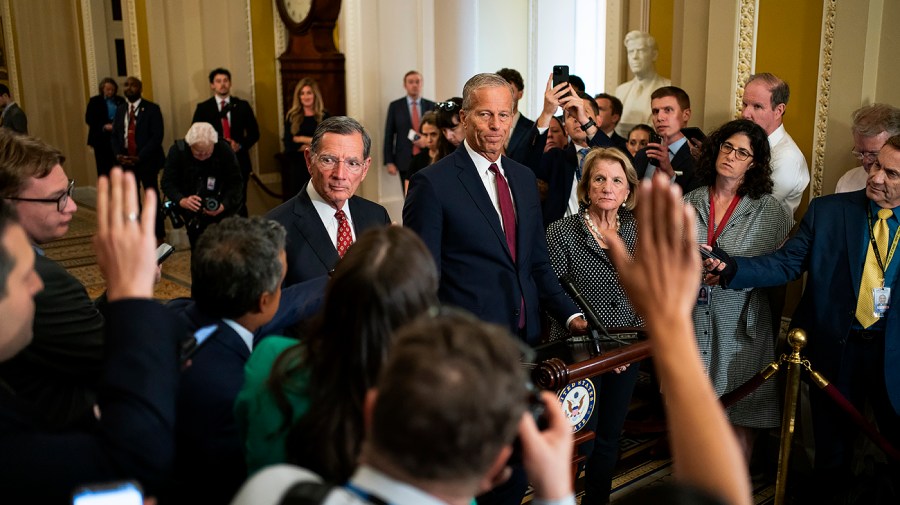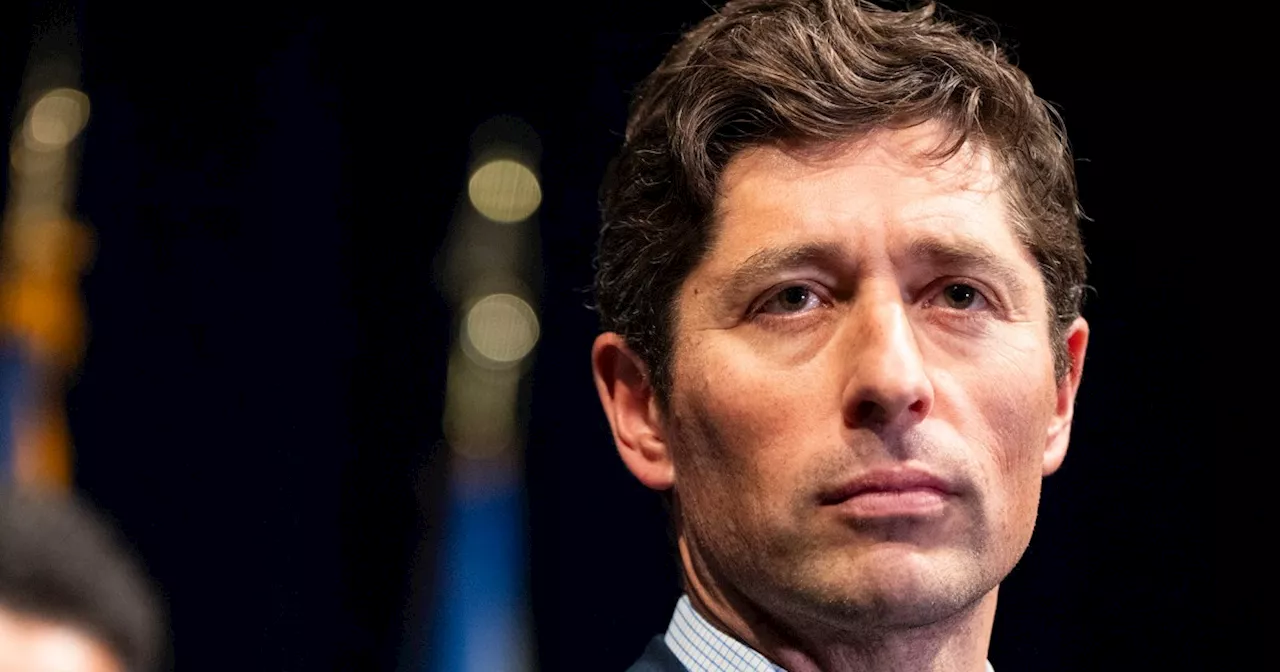
Senate Republicans are gearing up for a challenging session when Congress reconvenes on September 5, 2023. With a pressing agenda that includes government funding and the confirmation of President Donald Trump’s nominees, leaders in the upper chamber must navigate complex political dynamics. The looming deadline for a potential government shutdown on September 30 adds urgency to their discussions.
Senate Majority Leader John Thune (R-S.D.) is expected to lead negotiations on multiple fronts. In addition to government funding, the Senate will work on the National Defense Authorization Act (NDAA), a critical piece of legislation that outlines defense spending for the upcoming fiscal year. However, Thune faces significant hurdles, including a contentious effort to change Senate rules aimed at expediting the confirmation process for Trump’s nominees.
The political landscape shifted sharply when the White House announced plans to rescind $4.9 billion in foreign aid, a move that has drawn criticism from lawmakers across the aisle. Senate Minority Leader Chuck Schumer (D-N.Y.) and House Minority Leader Hakeem Jeffries (D-N.Y.) swiftly condemned the action, which they argue could exacerbate the already fraught negotiations over government funding.
“The September 30 funding deadline will be upon us shortly,” Schumer stated, emphasizing the need for immediate discussions to avert a government shutdown. He criticized the GOP for failing to engage in bipartisan talks and accused them of prioritizing political maneuvering over legislative cooperation.
As Congress prepares for its return, the specter of a government shutdown looms larger. Democratic leaders are urging Thune and House Speaker Mike Johnson (R-La.) to convene a “four corners” meeting to address funding issues. Previous negotiations had resulted in a bipartisan agreement to fund the government through the fiscal year, but Republicans have signaled they will not be as accommodating this time.
The implications of the White House’s rescission attempt could significantly impact funding debates. This action, the first of its kind in nearly fifty years, has raised legal concerns and could complicate bipartisan cooperation. According to Senate Appropriations Committee Chair Susan Collins (R-Maine), the move is “unlawful” and undermines the appropriations process.
The Senate has made little progress on the appropriations front, passing only three of the twelve required bills before the August recess. Meanwhile, the House has managed to pass two, but the differences between the two chambers’ proposals remain stark.
In addition to funding challenges, the GOP is under pressure to confirm numerous nominees for key positions within the Trump administration. Frustration is palpable among Republican senators, who departed for the August recess without a bipartisan agreement to expedite the confirmation of nominees. Only Marco Rubio, Trump’s Secretary of State, has avoided a full filibuster.
Senators are now discussing potential rule changes to streamline the confirmation process, including reducing debate time for lower-level nominees from two hours to fifteen minutes. Senator James Lankford (R-Okla.) has been vocal about the need for reform, stating, “It’s intolerable. We’ve got to figure out how the president actually gets confirmed nominees.”
Efforts to pass the NDAA are progressing, with both chambers expected to vote on it in the coming weeks. However, the timeline is tight, especially given that Congress will recess for the final week of September in observance of Jewish high holidays.
Beyond these immediate concerns, the Senate GOP is poised to respond to international developments, particularly regarding Russia. Following missile attacks on Kyiv, pressure is mounting to advance a bipartisan sanctions package targeting nations that continue to support Russia’s military efforts. Senator Lindsey Graham (R-S.C.), a lead sponsor of the proposal, has highlighted the moral implications of foreign oil purchases that sustain the conflict.
As Congress reconvenes, the Senate GOP must balance a myriad of priorities while navigating a complex political landscape. The stakes are high, with potential repercussions for both domestic governance and international relations.







